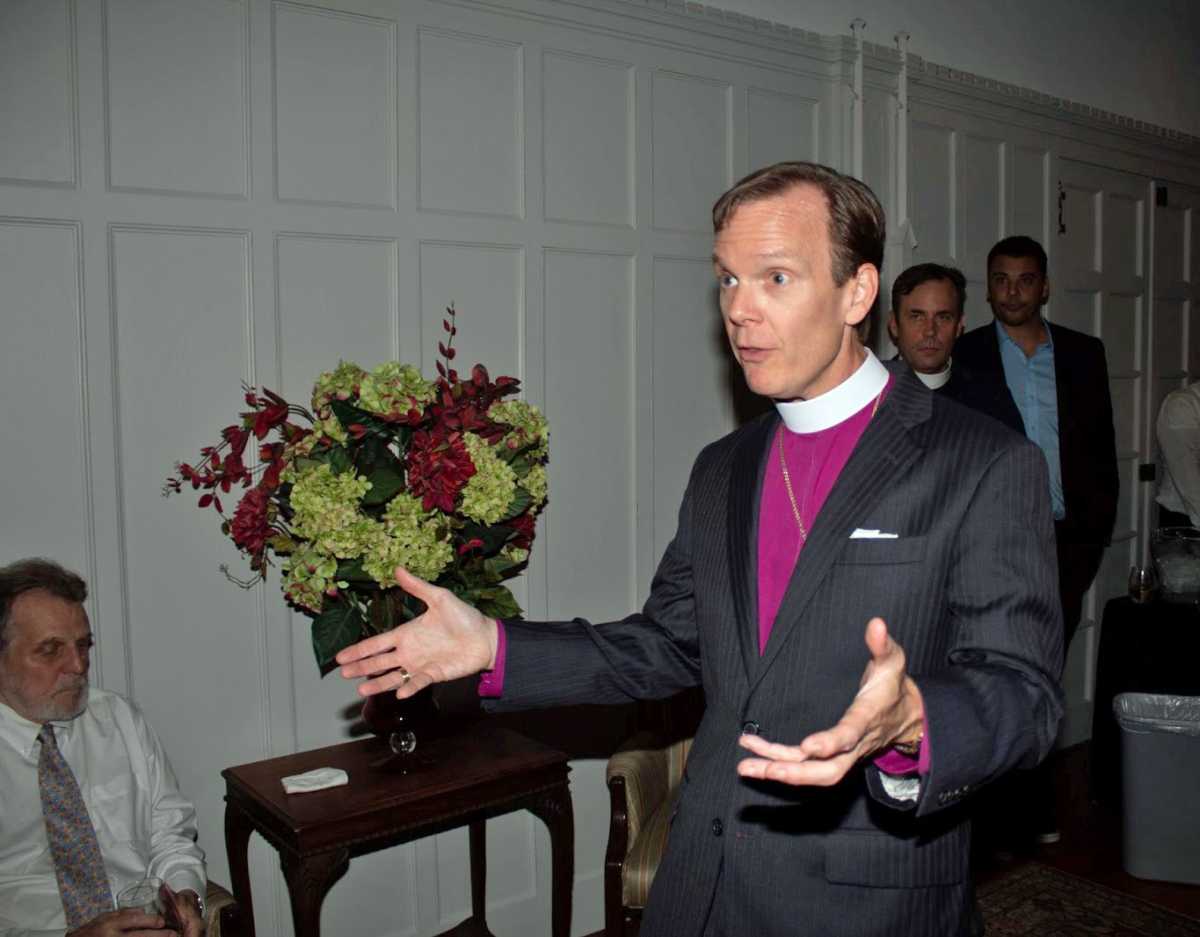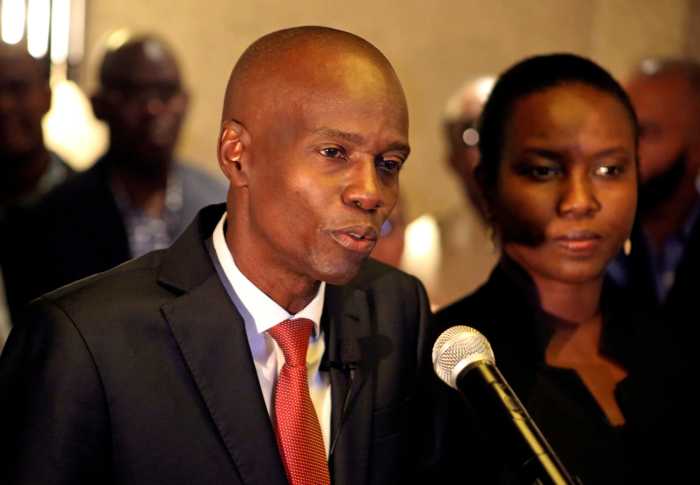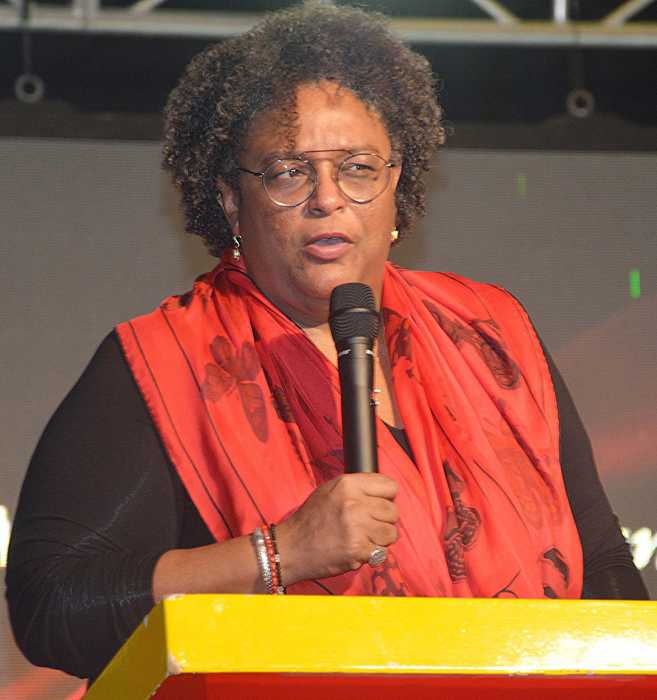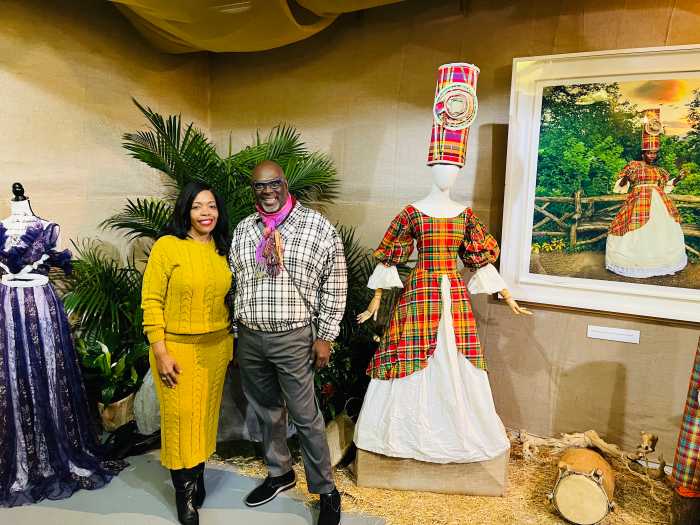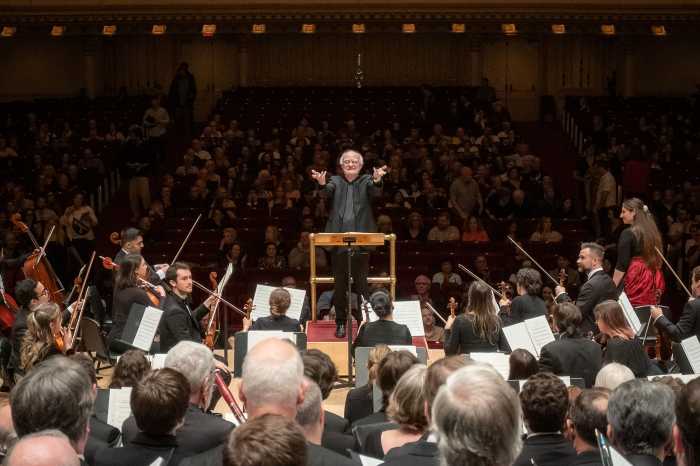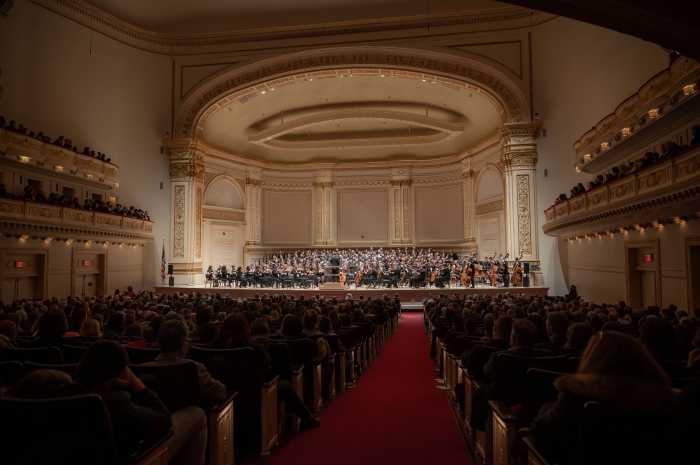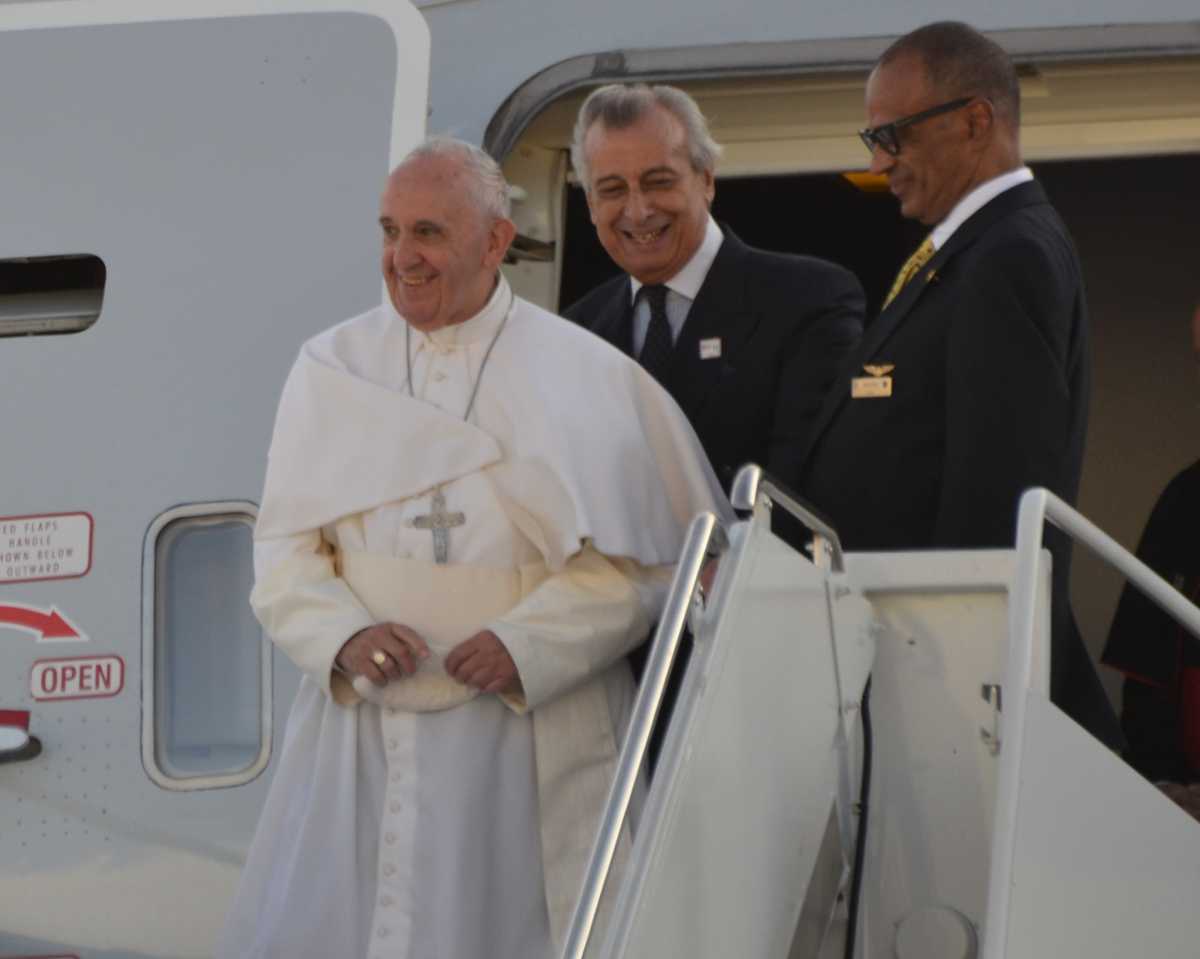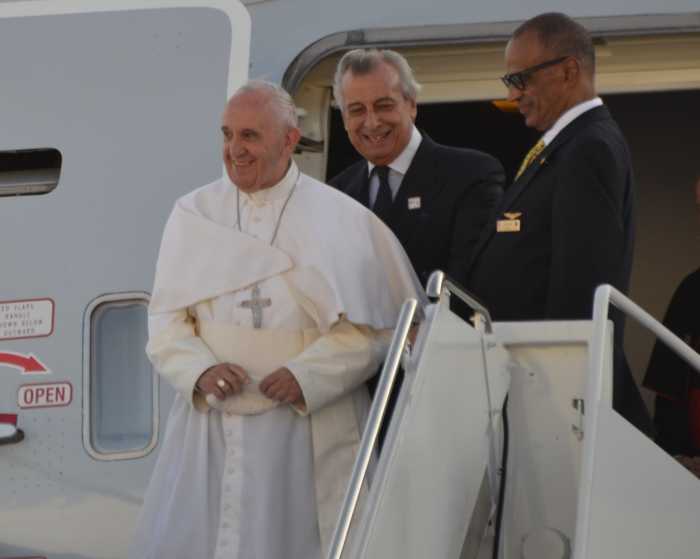Amid anti-Haitian attacks by the Republican Party, particularly by former US President Donald J. Trump and his Vice-Presidential running mate JD Vance, the Episcopal Diocese of New York gathered last Wednesday to reaffirm its nearly decade-long relationship with Haiti through the New York Haiti Project.
The Episcopal Diocese of New York told Caribbean Life over the weekend that the meeting, at Bishop Matthew Heyd’s residence on the Cathedral Close in Manhattan, came just days after “troubling misinformation about Haitian immigrants surfaced, perpetuated by political figures.”
The Cathedral Close is the area immediately around a cathedral, sometimes extending for a hundred meters or more from the main cathedral building. The Episcopal Diocese of New York is located at 1047 Amsterdam Avenue, New York, NY 10025.
The New York Haiti Project, with support from 19 parishes, sustains St. Luke’s Episcopal School and Church in rural Martel, Haiti, offering “a vital and safe haven for families fleeing violence in the capital,” the Diocese of New York said.
Haitian-born Priest Fr. Jean Quatorze, who lost his home to gang violence, said: “I built my house in a city called Croix de Bouquets. I lost my house because a gang lives in it now.
“Many families in Haiti are now in the same situation,” said the priest-in-charge, Church of the Divine Love, located in Montrose, NY (Westchester County). “Now, they want to leave Haiti not because they don’t love Haiti but because they are looking for a safe place to stay.
“We hear the declaration of the former US President saying we eat dogs. It’s not true,” Fr. Quatorze stressed. “We have good food there. In the end, we still have hope. If God helps, we will survive.
“As a Haitian, it’s really frustrating the declaration, the statement of the former president of the United States about Haitian people, saying that they are eating dogs,” Fr. Quatorze continued. “I think this declaration has a big impact on our Haitian community.”
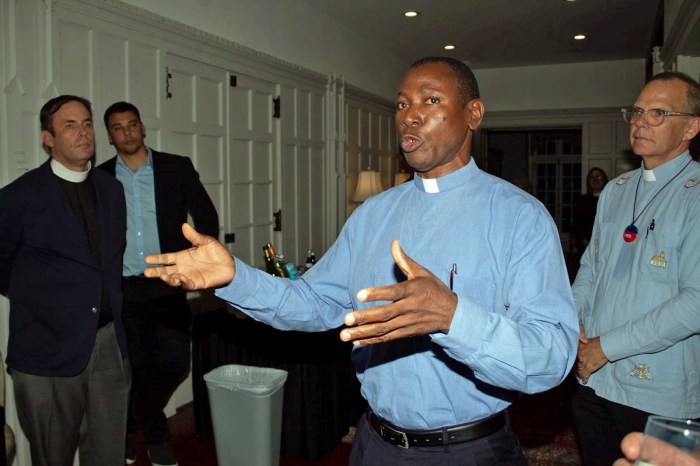
Dr. Pierre-Andre H. Duvert said “One thing we say is to respect the dignity of every human being. So, I hope that each one will join in a campaign where we learn to respect the dignity, to see the imago dei, the image of God, in each one, and know that we are all created by one God, and we are one in the Lord.”
Duvert, rector of St. Luke’s Episcopal Church, an historic Episcopal church in Forest Hills, Queens, said that he finds the statements being made by Trump “and his friends” are “repulsive and insulting and also dehumanizing.
“I’m not hurt, per se, but insulted, and I feel sad that our country, the US, would regard such folks as leaders,” Dr. Duvert said. “It says a great deal about who we are as a nation.
“In the Anglican Church, we talk about respecting the dignity of every human being. I hope we will learn to join in a campaign where we learn to respect the dignity–see the image of God–in each one, and know we are all created by one God,” he added.
Rev. Nathanael Saint-Pierre, missioner for community development at St. James Fordham, 2500 Jerome Ave., Bronx, said: “Some people do not realize how speech has power. We can build people up the same we can really hurt people; and, when we alienate, no matter the group, we are not Christian.
“It’s always dangerous to box a group of people in such a destructive manner,” he said. “My hope is that other people will stand with us to say this is a lie, to say that we’re worth more than that.
“Haitians are not devilish creatures that come to destroy,” said the Haitian priest. “We’re part of building up America and part of this American dream.”
Rev. Margarette Dimanche, rector, Church of the Good Shepherd, 4967 Broadway, at the corner of Isham Street in the Inwood neighborhood of Manhattan, also shared about the need to show solidarity and support the Haitian community.
“As a Haitian priest working in the United States, I am deeply saddened and troubled by the disparaging remarks about Haitian migrants living in Springfield, Ohio,” she said. “Such comments are hurtful and do not reflect the true spirit of our community.
“I stand in solidarity with all my Haitian sisters and brothers affected by these words, and I will continue to advocate for their dignity and respect,” Rev. Dimanche added. “It is important to promote compassion and unity in the face of such divisive rhetoric. I want also to encourage those who have the right to vote to use that power so that they can be part of the change that they want to see in this country.”
Rev. Sam Owen, director, New York Haiti Project, said: “We want to enhance, expand and extend our services to the people of Martel, and, hopefully, offer a trade school and a computer lab that allows access to internet for the kids at the school.
“The number one thing that Fr. Phanord (priest-in-charge at St. Luke’s Episcopal Church and School in Martel, Haiti) asked us to do is to pray for St. Luke’s Episcopal Church and School, and the people of Haiti,” he added. “And I would add, pray for Fr. Phanord, too. The circumstances there are very difficult.”
The event also featured a fundraiser for the New York Haiti Project to help provide children’s furniture for a new kindergarten building.
Learn more about the New York Haiti Project here: https://www.newyorkhaitiproject.org/


